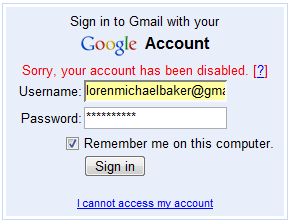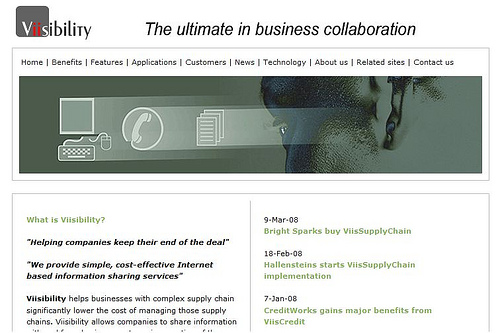 I’ve previously covered Netbooks, provider of an Integrated SaaS Business Suite for Very Small Businesses.
I’ve previously covered Netbooks, provider of an Integrated SaaS Business Suite for Very Small Businesses.
The company had an affordable On-Demand integrated business management solution for the VSB – very small businesses, the “S” in SMB / SME: typically companies with less then 25 employees, sometimes only 3-5, and, most importantly, without professional IT support, in which case Software as a Service is a life-saver.
NetBooks tried to cover a complete business cycle, from opportunity through sales, manufacturing, inventory / warehouse management, shipping, billing, accounting – some with more success then others. The process logic, the flow between various functional areas was excellent, but it was rendered almost unusable by a horrible UI. And it didn’t scale… so the company disappeared for a long year, completely re-building their code base.
Read on …

 Loren Baker, Editor of Search Engine Journal discusses his experience of getting his
Loren Baker, Editor of Search Engine Journal discusses his experience of getting his ![Reblog this post [with Zemanta]](https://www.zoliblog.com/wp-content/uploads/HLIC/54e6a3db43b098ecbf5db09e027cb1c1.png)
 . How about picking a name that almost actively drives visitors away?
. How about picking a name that almost actively drives visitors away? FairSoftware is the place to start and grow a virtual online business. It only takes a few clicks for software developers and website publishers to incorporate, hire and share revenue with other project members.
FairSoftware is the place to start and grow a virtual online business. It only takes a few clicks for software developers and website publishers to incorporate, hire and share revenue with other project members.
![Reblog this post [with Zemanta]](https://www.zoliblog.com/wp-content/uploads/HLIC/c3f6a73b6f73860cb3967d8190b33e5c.png)
 Ben Kepes drew my
Ben Kepes drew my 



Recent Comments